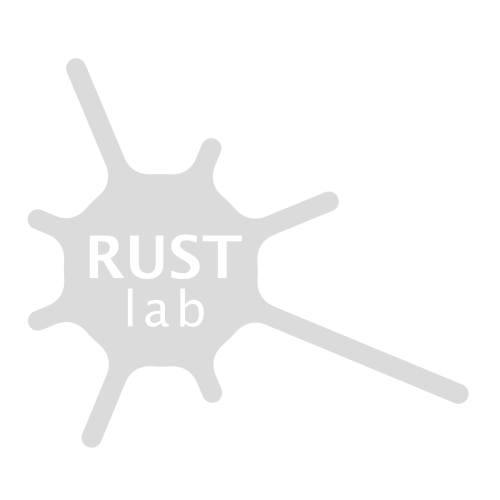Join us this Thursday, April 28th, from 14:15-15:45 hrs UTC+2 (convert time) to hear Rebecca Carlson present her work on “Bioscience as a borderland: Cells, infrastructures, and code in translation”.
Bioscientific experiments have always necessitated a transfer of substances from one form to another. Historically, wet data like cellular assays were imaged as autoradiographs in the laboratory, just as the scientific discoveries they represented were transformed first into talk among researchers, and then into text for publication. The logics of translation which guide these activities have frequently been a focus of inquiry in ethnographies of the lab, but with the advent of “drier” forms of data production these practices are growing increasingly complex. Substances like human cells take on multiple, even simultaneous, iterations as they move from the hospital to the petri dish and into the binary language of computers. Changes to states of data however involve more than any biological matter at hand, but also depend on transforming configurations of human and technological networks. Drawing on over two years of data collection in a medical research laboratory in Japan, this talk will consider how seeing bioscience as a borderland can contribute to an analysis of these transformations.
Rebecca Carlson is Associate Professor of media anthropology at Toyo University in Japan. She has researched videogame localization, the migration of American fans of Japanese popular culture to Tokyo and now focuses on bioscience, globalization and code.
Location: on campus (Universitätsstr. 104, 2nd floor, 44799 Bochum) and Zoom
Zoom Link: https://tinyurl.com/RUSTlab
PW: RUSTlab
You will find additional resources and information on this term’s guiding theme Data Traces here on our website.
